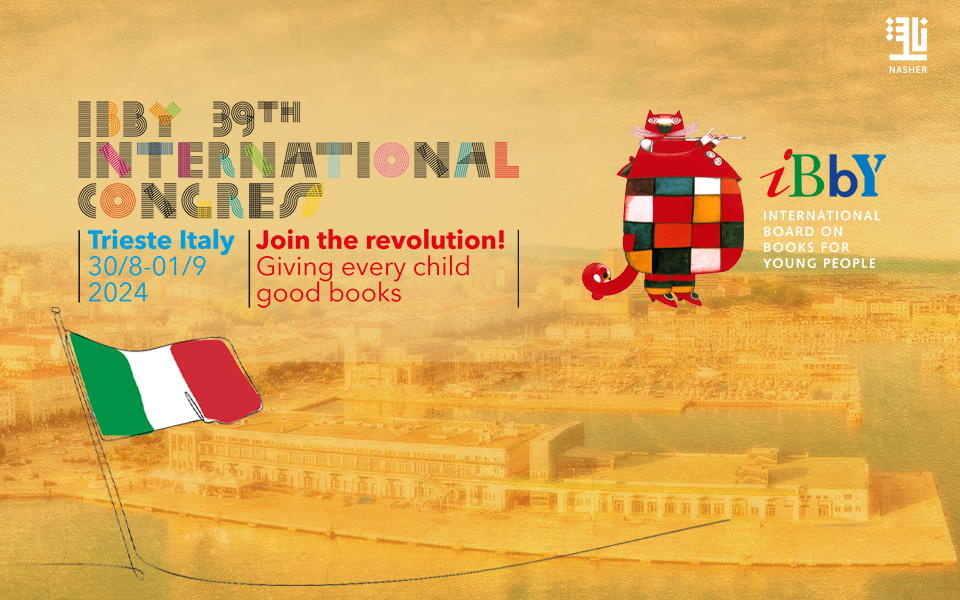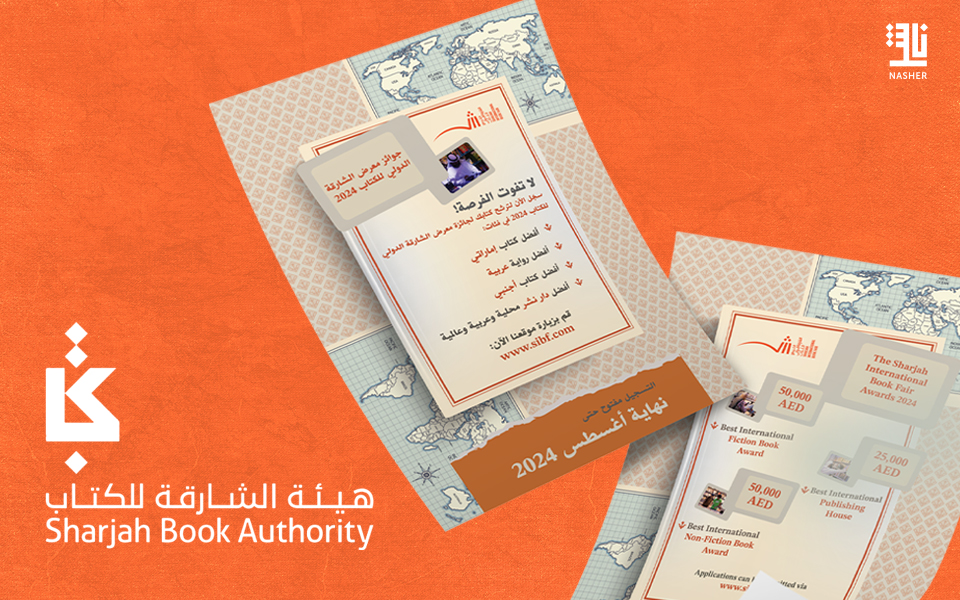Paris, Shawqi bin Hassan,
Distribution forms a key link in any marketing chain and without it the previous elements of production are largely wasted. That is why distribution has been the subject of such huge investments in so many fields, from food and medicine to finance and media.
But the books market has certain peculiarities that make its marketing process different from other products. In fact, we can say that books are one of the most ‘sensitive’ products in the distribution process.
Distribution plays a vital role in promoting a book and setting its price. A study conducted by French institution Copy-Média indicates that each element in the publishing chain impacts the final price of a book, and distribution contributes to one fifth of the overall cost. The study also indicates that the same percentage applies to printing, while the rest of the expenses are divided between the seller’s returns, the services of the publishing houses and translation and intellectual copyright if required.
The large proportion of distribution costs has often tempted publishing houses to take on this service themselves, but this is rarely either cost-effective or efficient and as a result they have gradually abandoned it.
As far as the Arab world is concerned, the question is more complex because the publishing firms and markets are generally smaller, but they are still subject to the same logistics issues. Many firms have added the phrase ‘for Publishing and Distribution’ to their company descriptions, even though they do not have the practical experience, strategy or network of marketers. Ultimately, the distribution process looks for support from a number of separate entities, most of whom are reluctant to enter the chain because of low profit expectations.
Another important factor that should be taken into account is the crisis of confidence between the publisher and the distributor.
In this relationship, we have seen decades of systematic chaos in the Arab world book distribution sector. The standard business models are either sending a limited number of copies to bookstores with the understanding that invoices will be settled once those copies are sold, or giving the distribution task to companies which specialise in newspapers and magazines distribution. This is ineffective because books are the last product on the list of marketing priorities. The main marketing sphere is book fairs, which by their very nature have overlapping dates and are both exhausting and expensive to publishing houses.
The distribution crisis should also be addressed and understood through the ways books reach their readers. Global estimates show that one third of books are accessed through libraries, but this percentage is in a constant decline for many reasons, including the opportunity people now have to purchase books through electronic delivery networks such as Amazon and Price Minister.
Traditional forms of distribution are decreasing at a global level, and consequently investment in distribution will also see a sharp drop. What is the effect of such persistent recession on publishing in general and on the book industry in particular?
We can answer this question by reviewing the advances that are impacting the realities of the market. It is anticipated that electronic delivery networks will eventually have the upper hand in distribution, regardless of the products.
We have to note that electronic delivery has yet to fully develop in the Arab world due to a number of factors, which include technical and administrative capabilities and the publishers’ fear of ‘the unknown’. Besides, Arab electronic delivery projects such as ‘Neel wa Furat’, and ‘Jamloun’ are neither well known nor understood enough to become a book marketplace and are often mistaken for electronic books websites.
Do these realities concern publishers in the Arab world? Or do they follow the same old practices and methods? The question of such fundamental changes in distribution has been deliberately avoided for years, partly because it is reliant on the nature of market expansion and publishing houses’ policies.
Today, we need a vision and a strategy that aligns with the drastic international changes in distribution as well as those in the publishing industry. This should be based on the characteristics of the Arab market, with a willingness to adapt to new policies and a desire to create a vibrant market without compromising the cultural stature of the Arab region and its historical and geographical ties with many countries from around the world.








